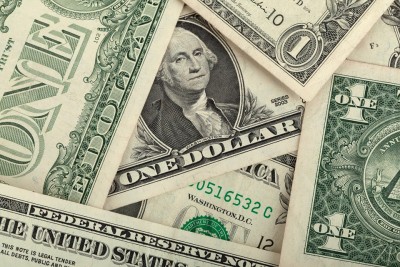New Delhi: The acquisition cost for BPCL as part of the privatisation process could be $6.9 billion to $10.3 billion.
As per Credit Suisse, the investment required by the acquirer could be $6.9 billion to $10.3 billion.
“We expect the reserve price to be approximately Rs 500 per share, and post dividend (Rs 50-60/share), the government’s stake is worth $6.9 billion. Post the open offer, the maximum outflow would be $10.3 billion,” Credit Suisse said in a note.
It also said that the buyer can halve the capex at BPCL and sell non-core assets to the tune of $4 billion. Among the bidders, Apollo Global has done a deal of this size while Vedanta has partnered with Centricus.
It said that steady-state EBITDA for BPCL could be $2 billion to $2.5 billion. The higher end of range is possible when the potential acquirer is able to reduce refining costs, increase productivity of marketing outlets, and increase non-fuel revenues.
The macro is also improving for the refining sector, with inventories now down for both gasoline and diesel, and the cracks have started improving.
The note from the investment banking company said that there is ample scope to boost steady-state EBITDA by $450 million.
“In our view, refining cost reduction can boost EBITDA by $150 millionn, higher non-fuel EBITDA at marketing outlets can add $100 million, and higher footfalls can add $200 million,” it said.
The BPCL started with project Nishchay in the financial year 2016 to promote non-fuel revenues, but it gave up on most of the initiatives in two to three years. Even the current app “SmartDrive” for customers does not have real-time data at the outlets, and thus the active users are few.
“We show that globally retail outlets have a substantial contribution from non-fuel revenues. The 7-Eleven acquired Speedway outlets in the US for $21 billion where half of the gross profit was driven by merchandise sales,” Credit Suisse said.

